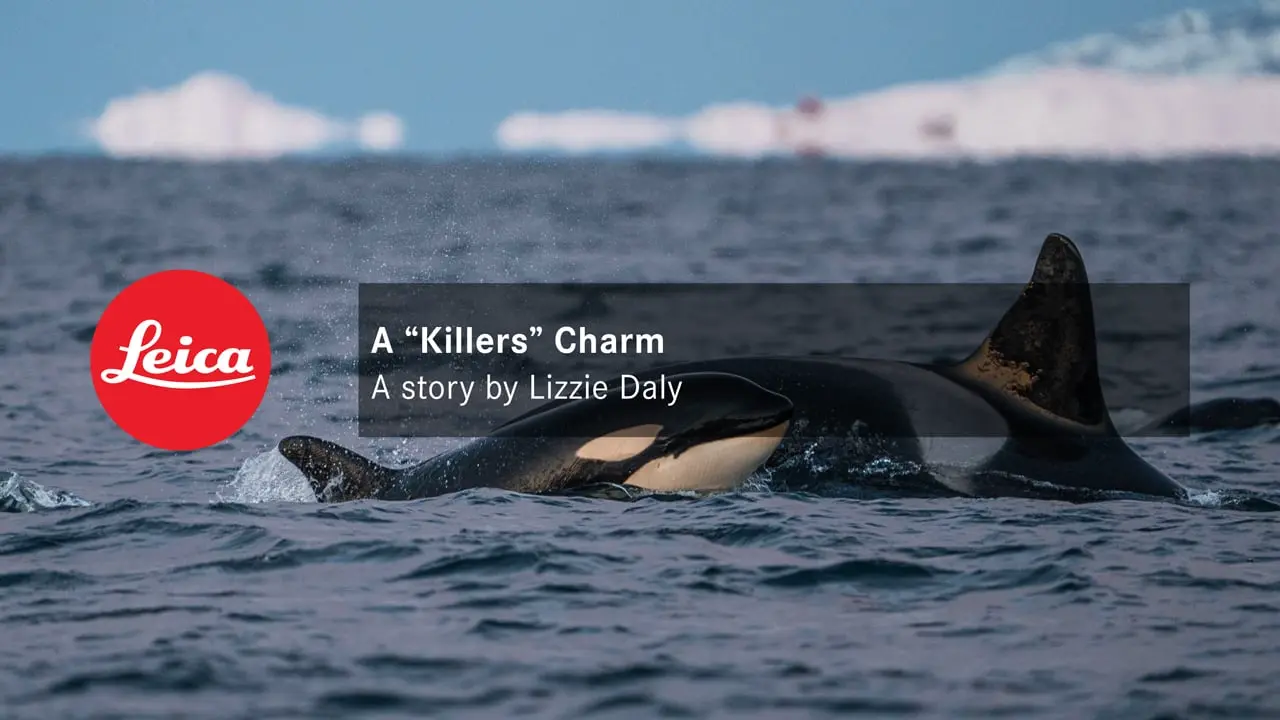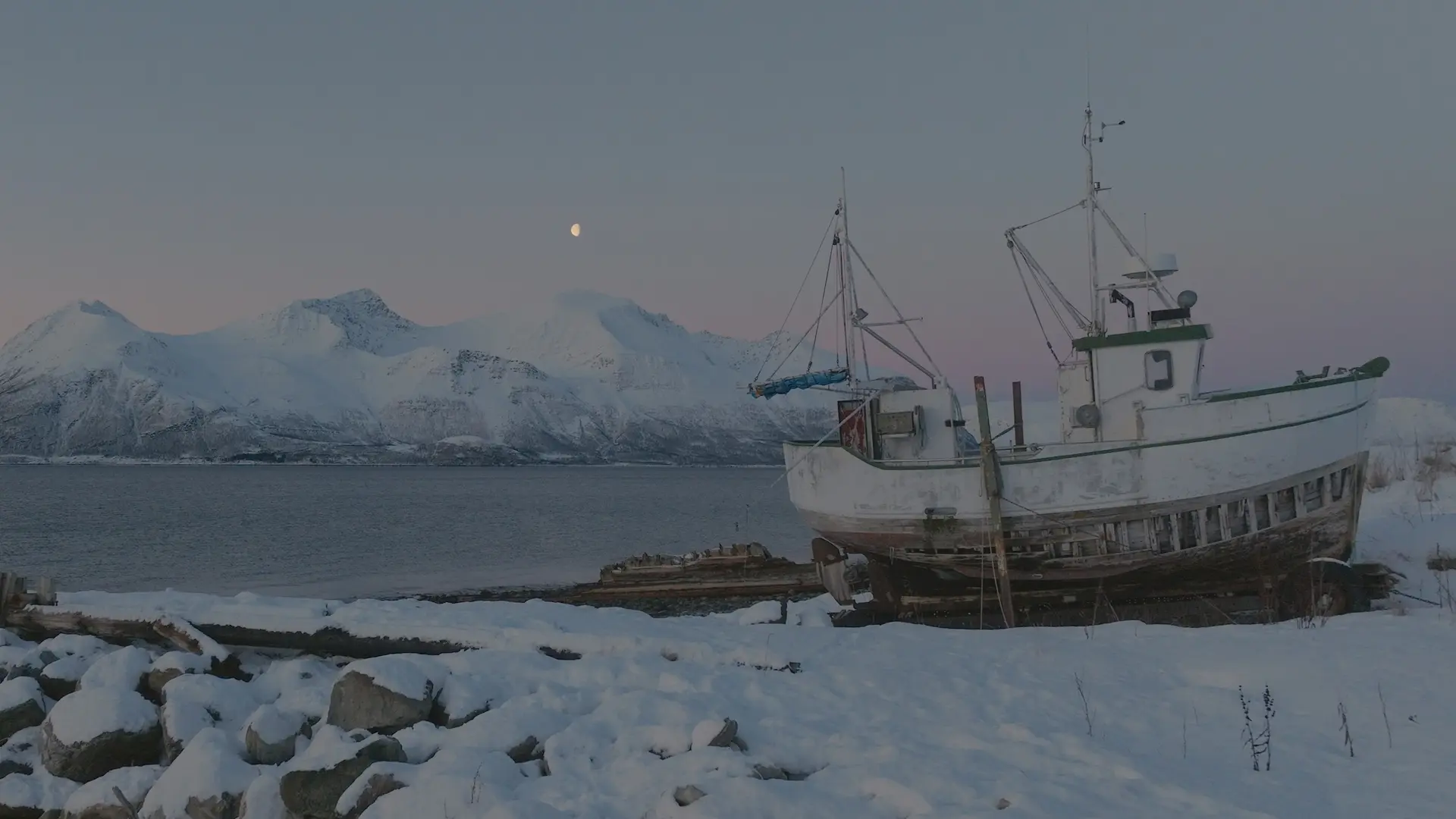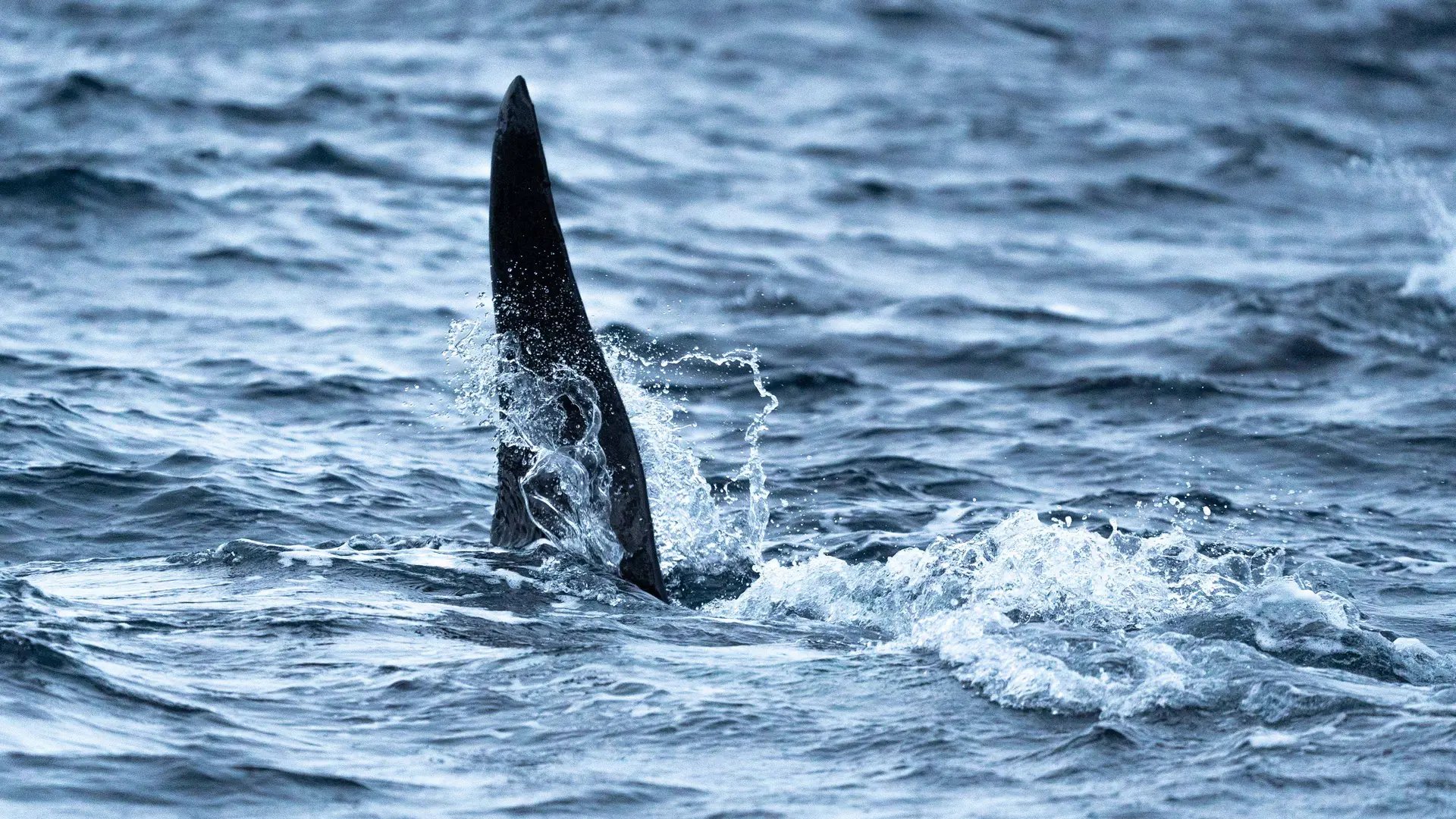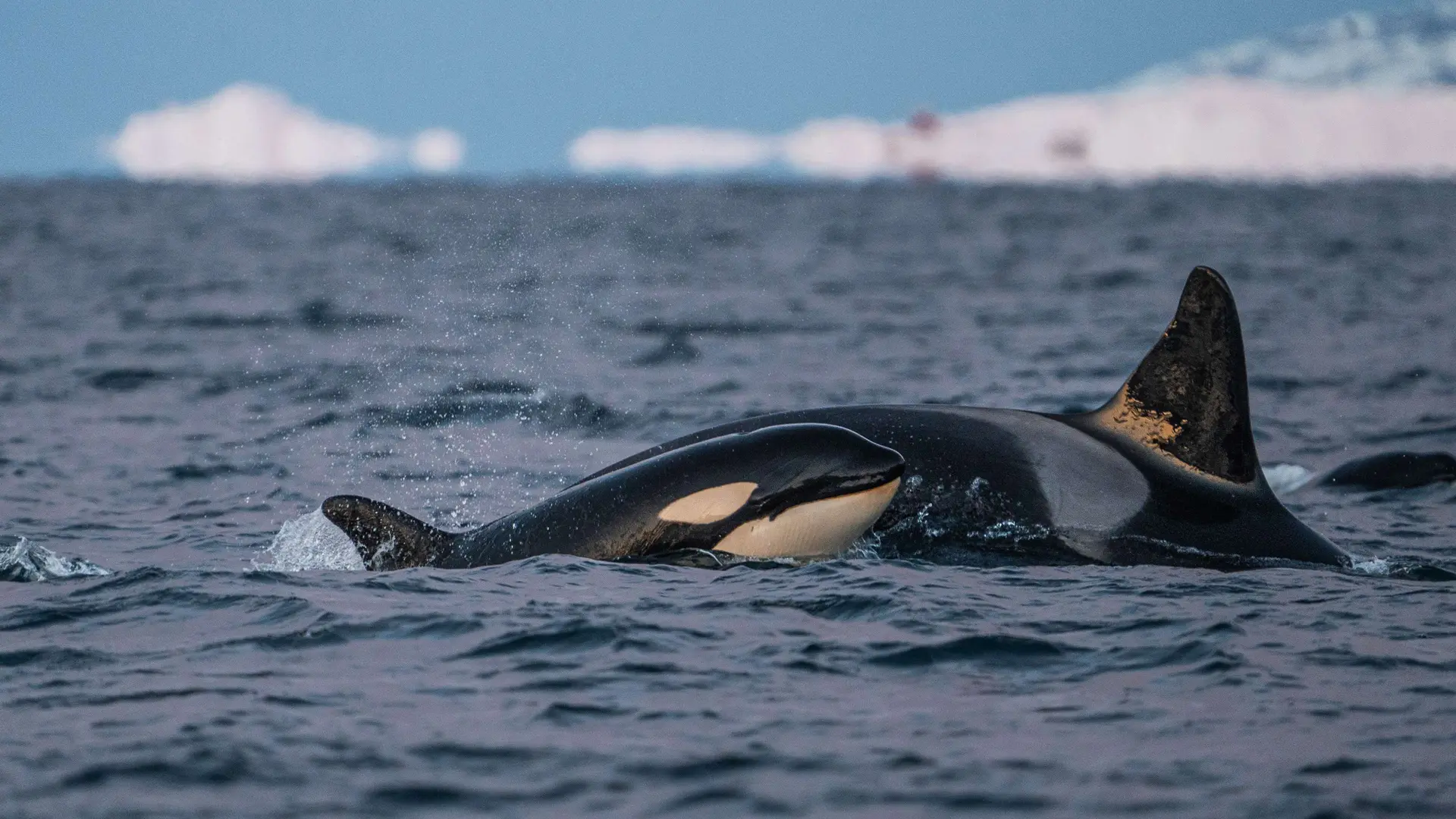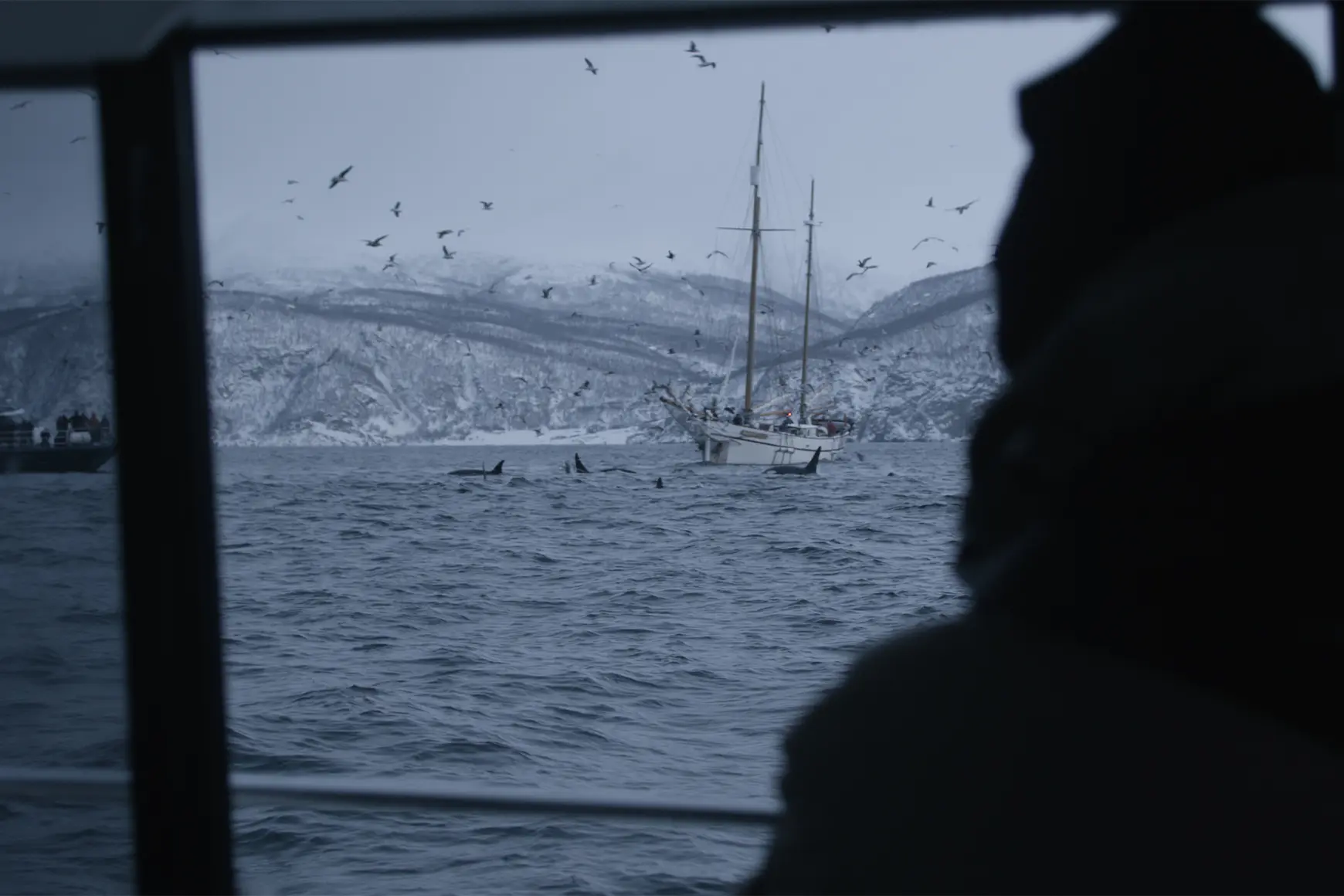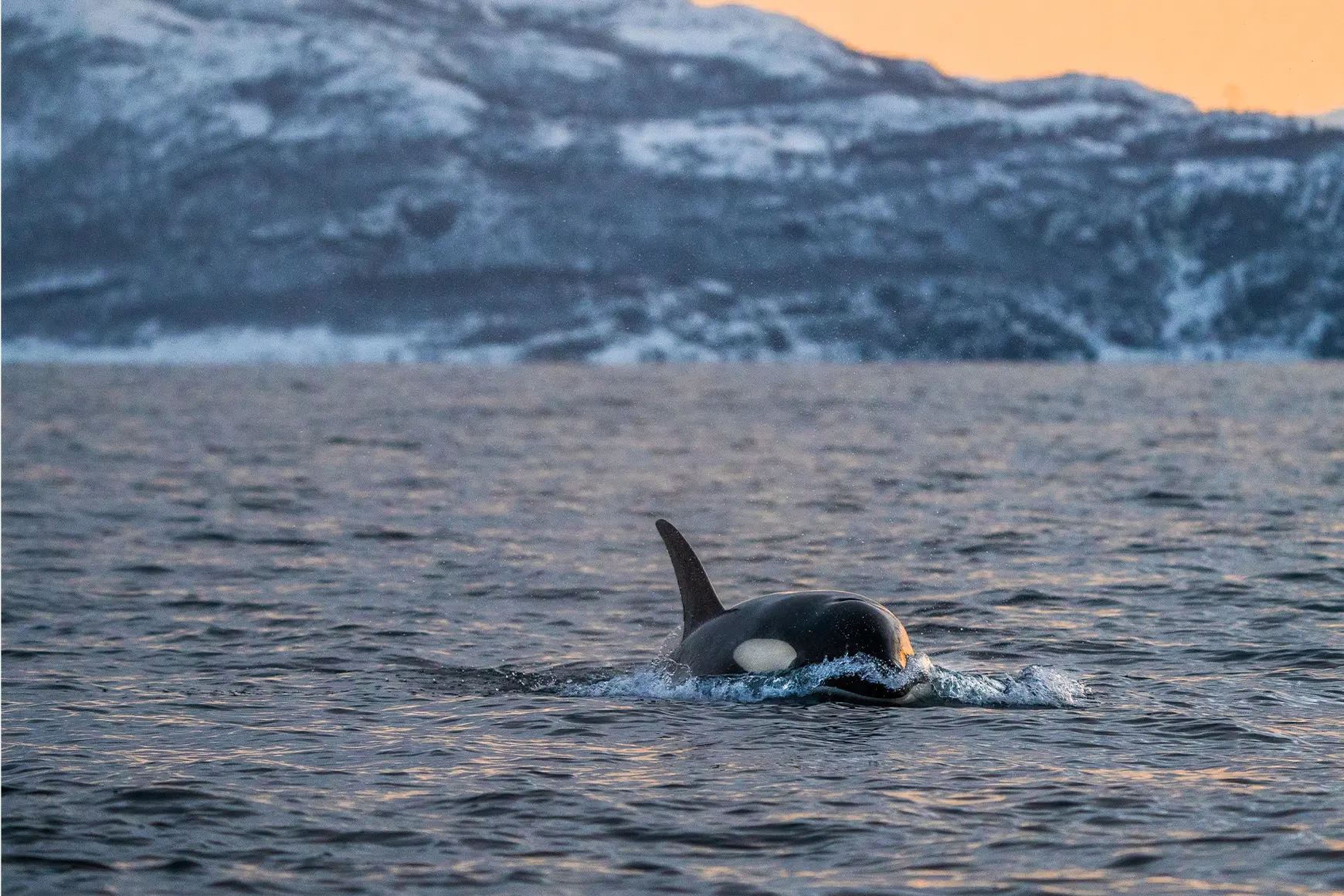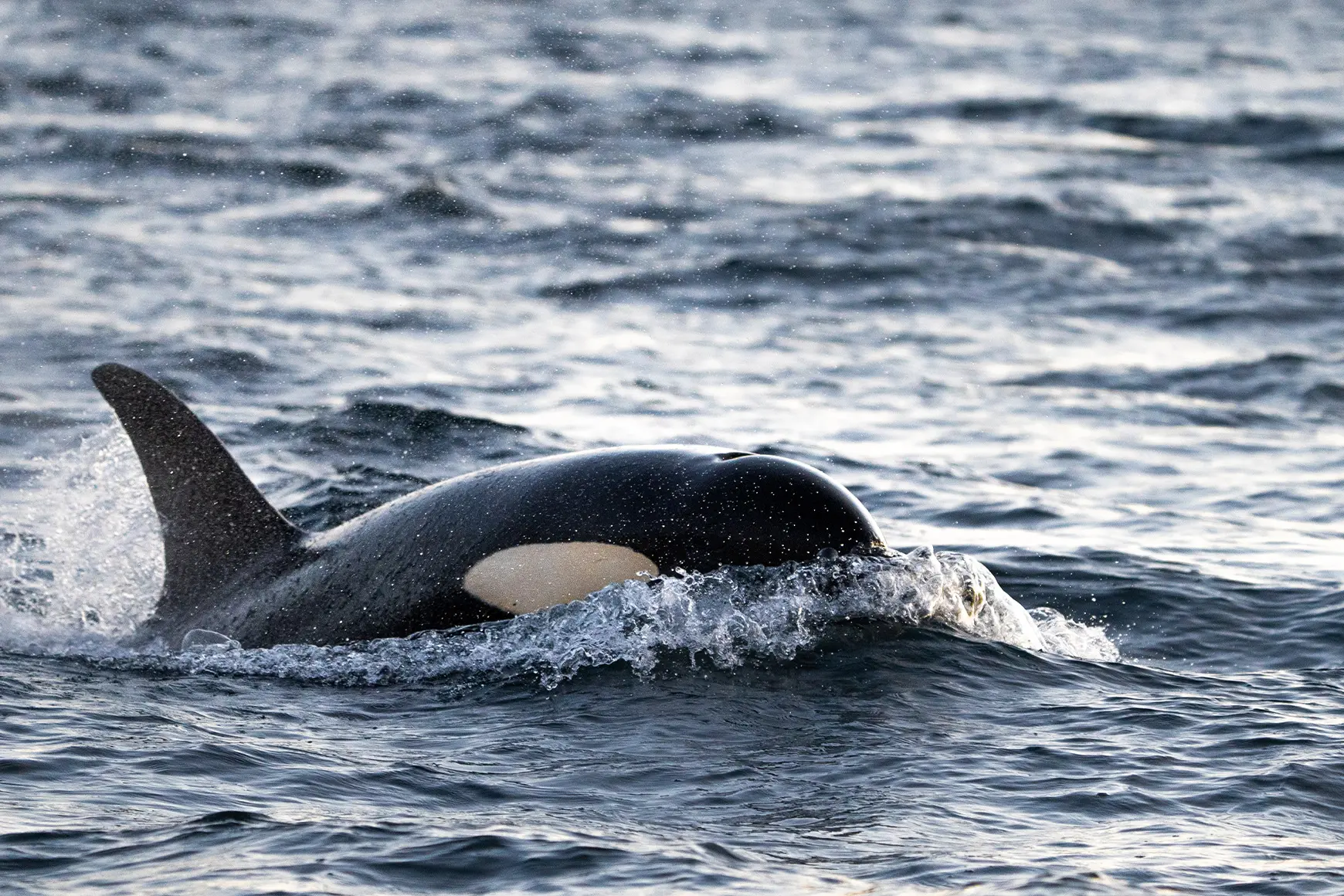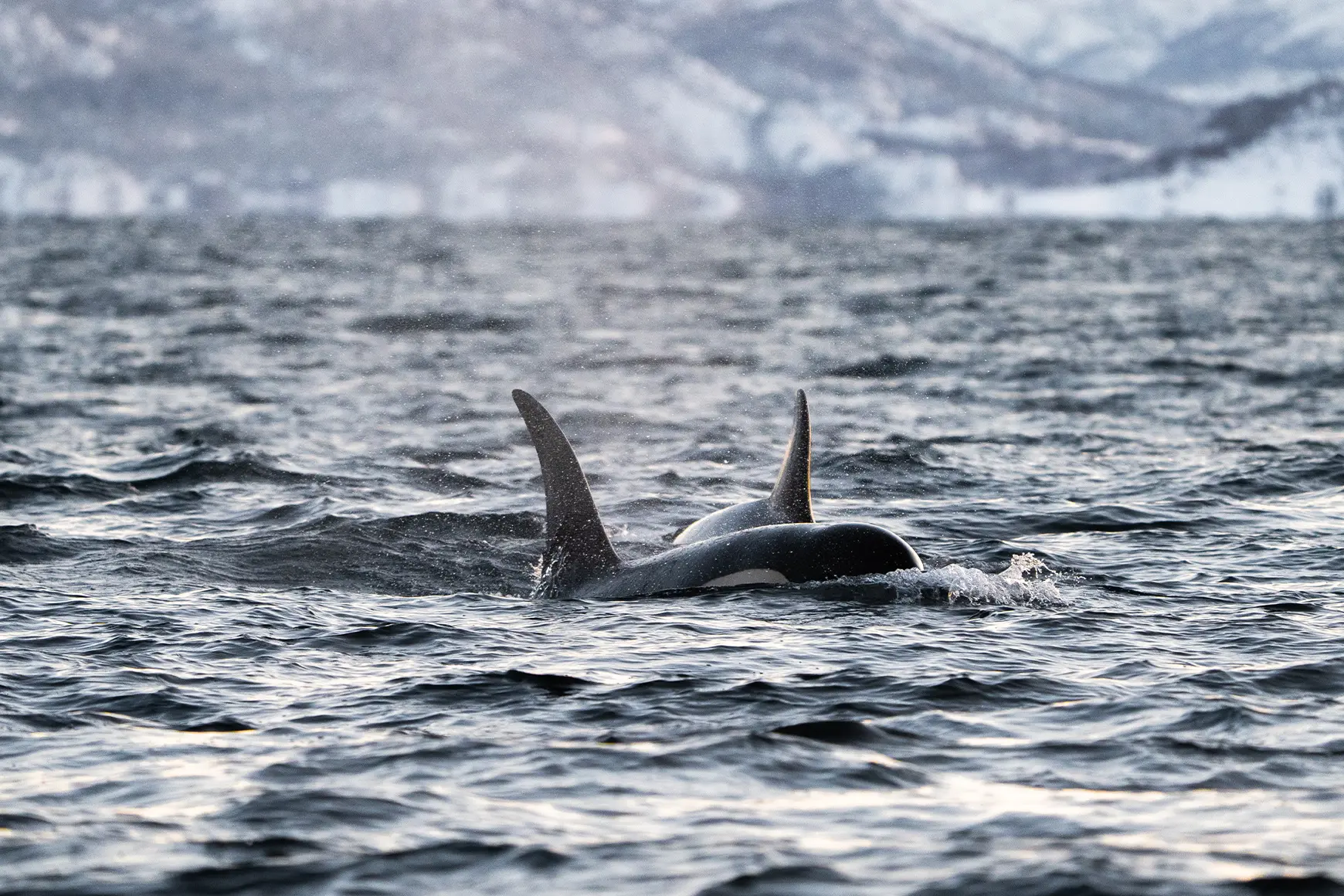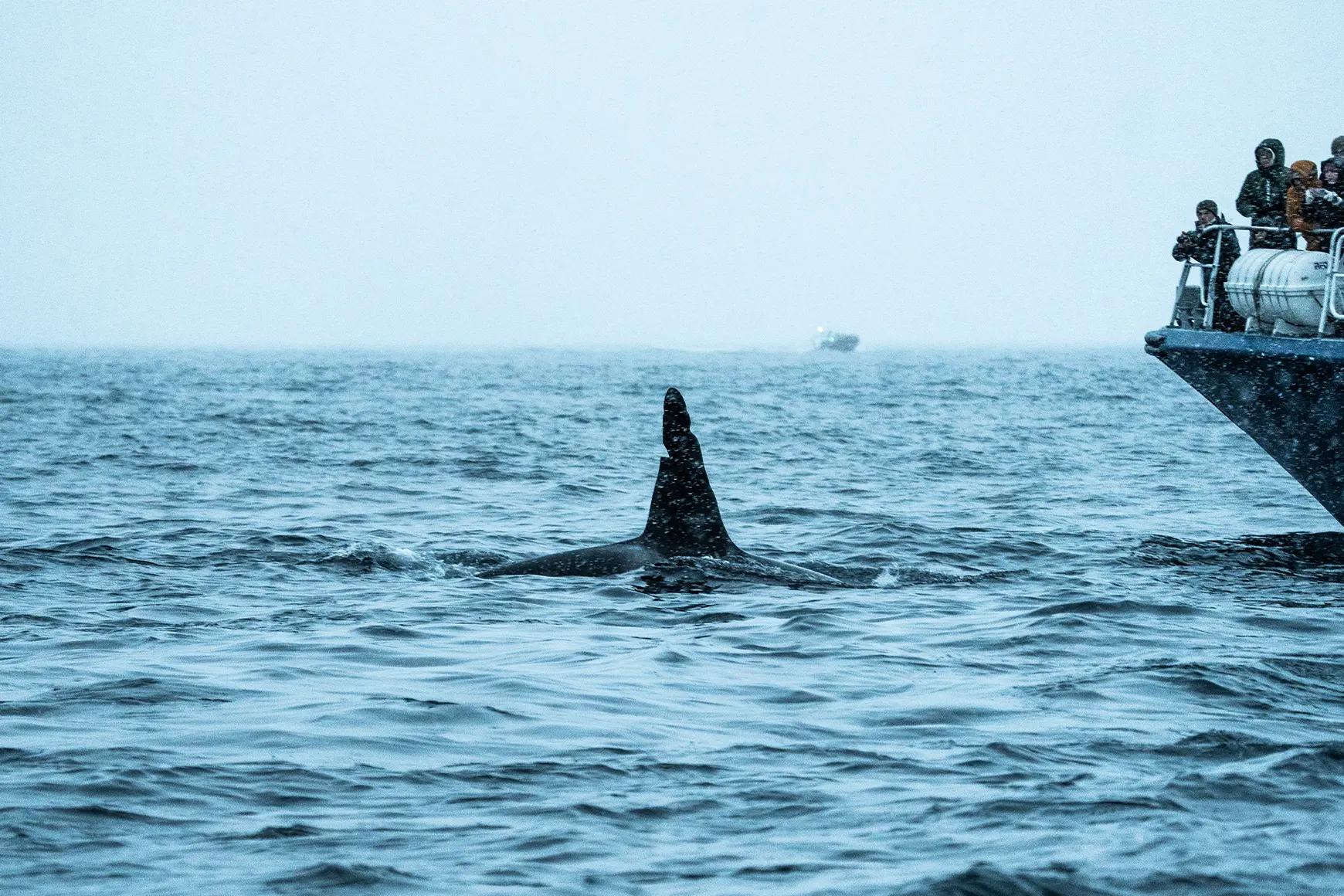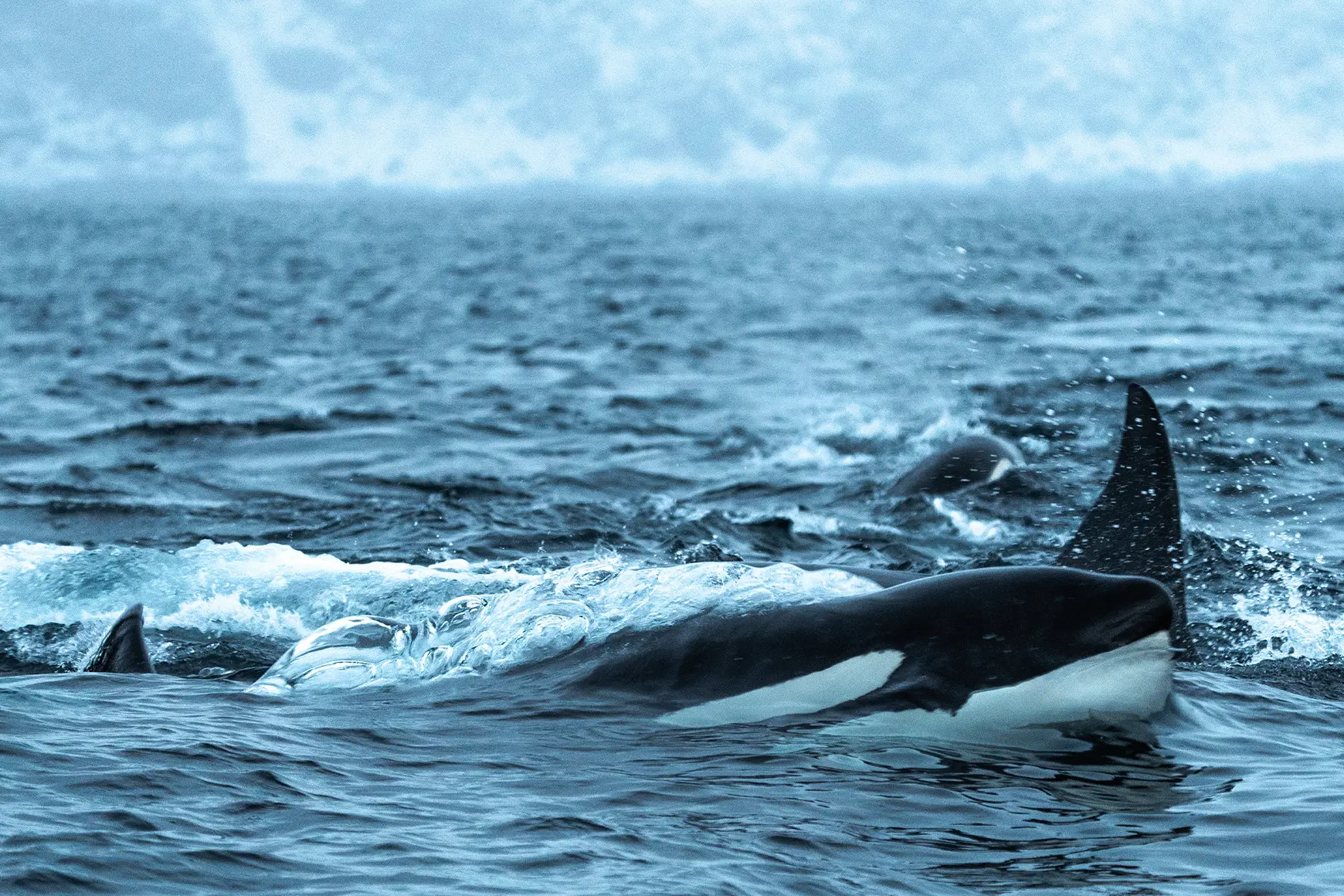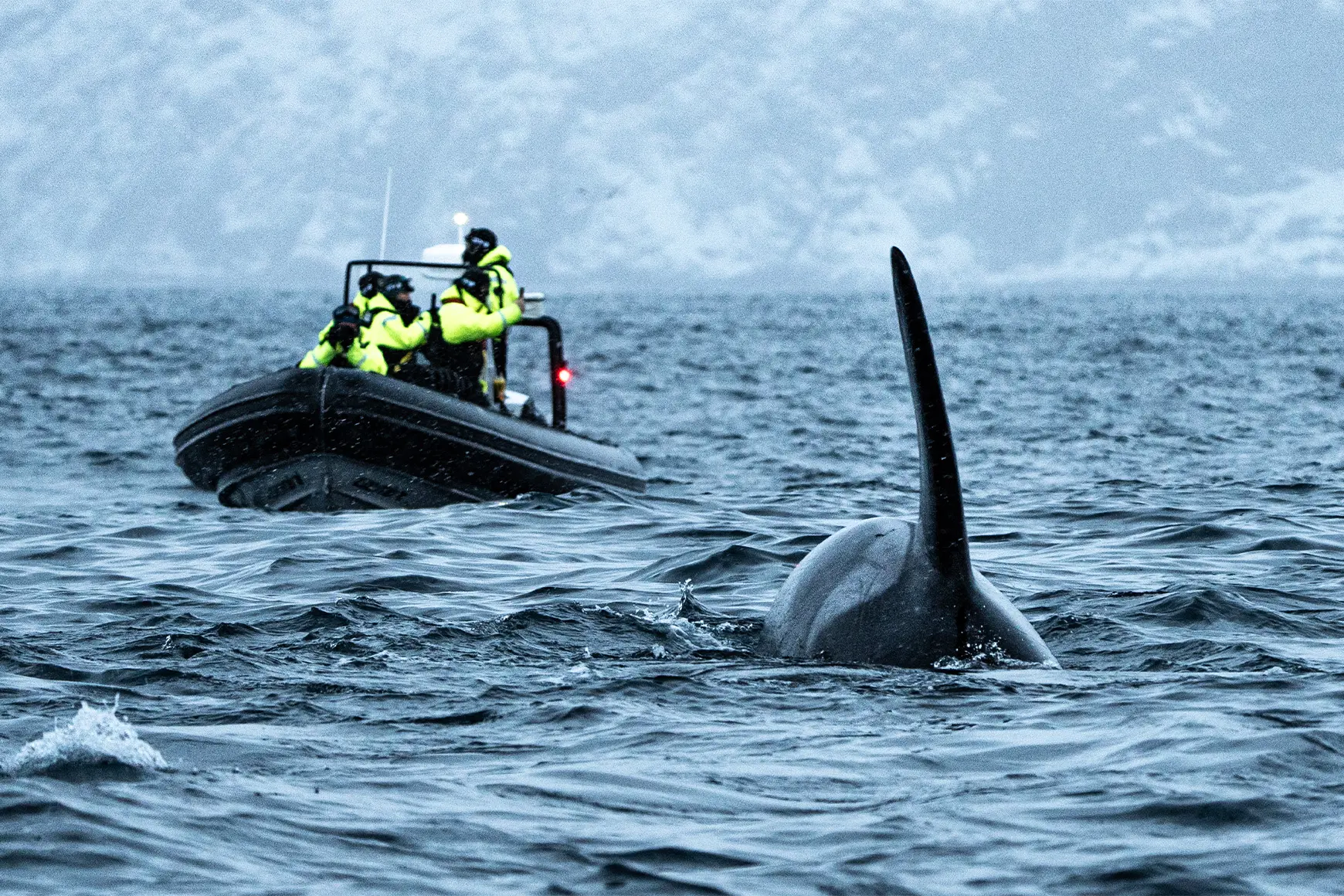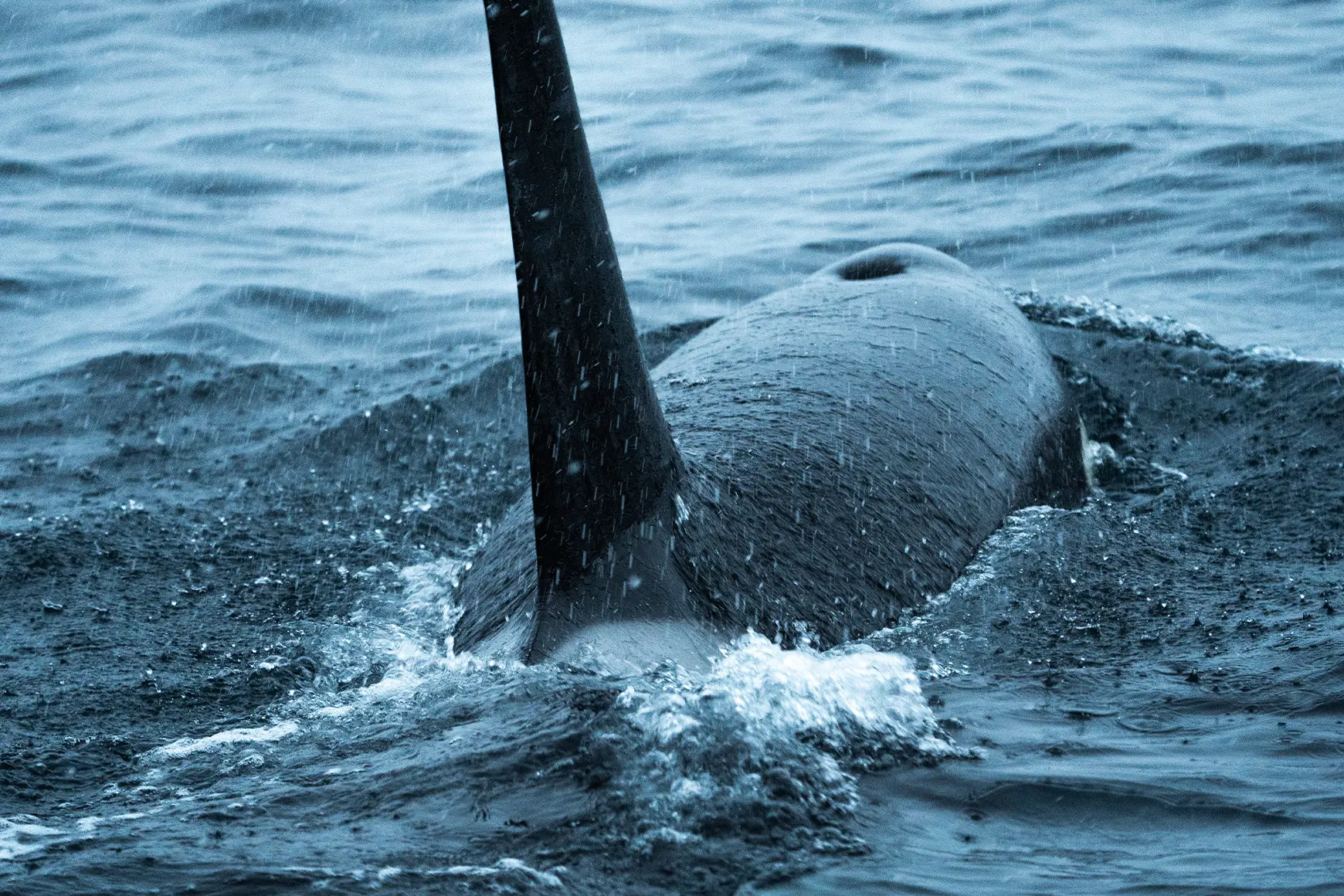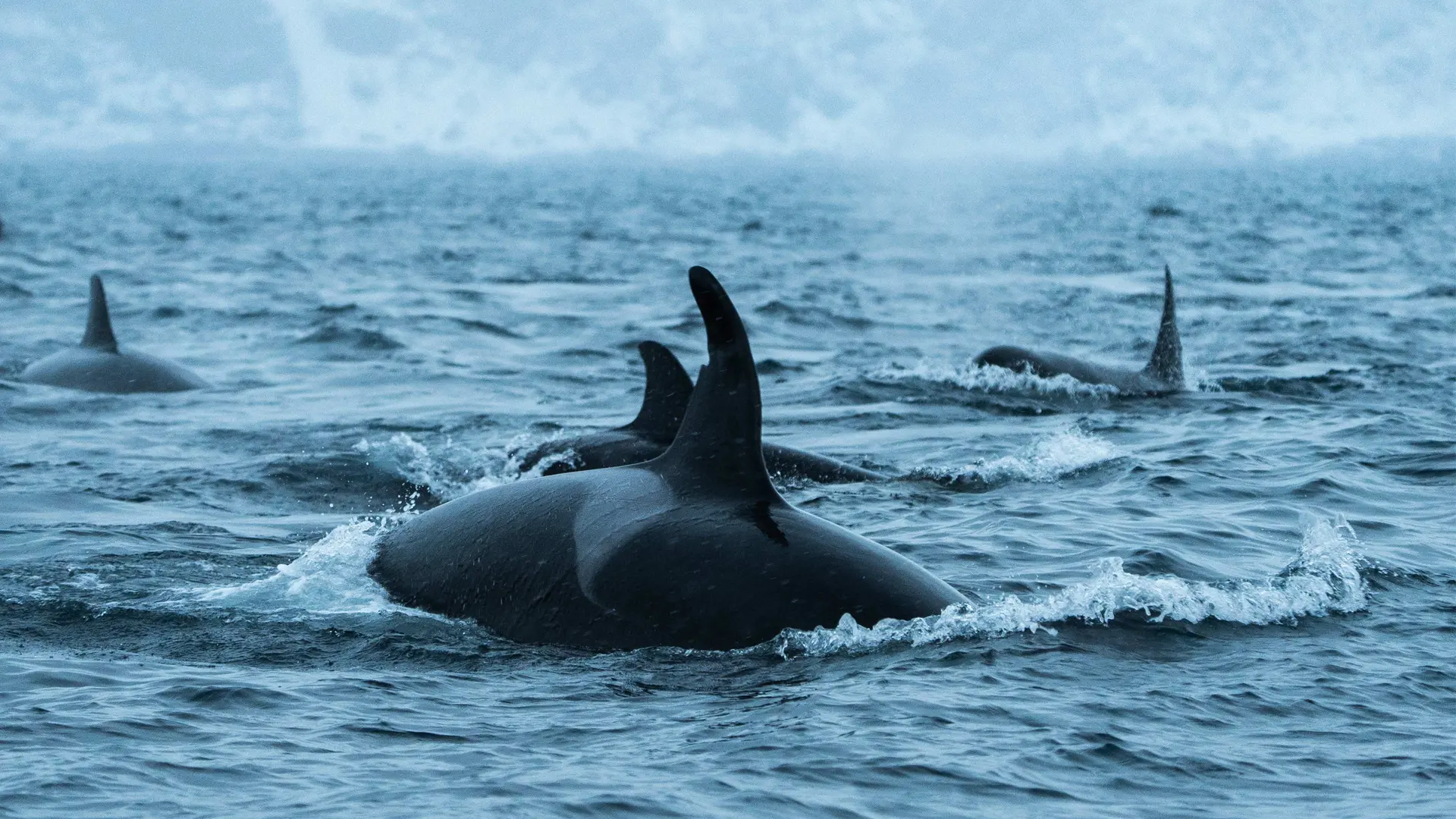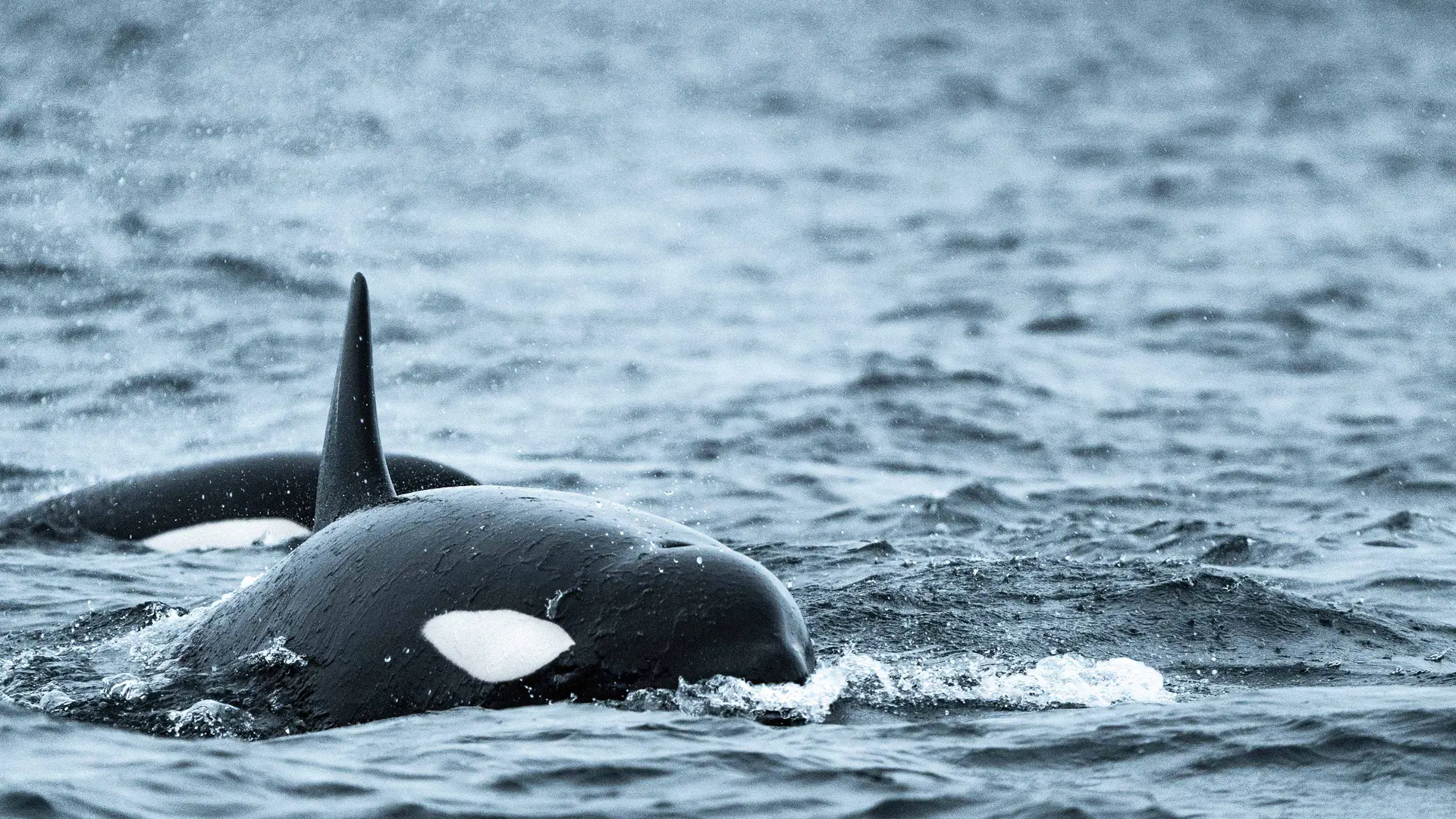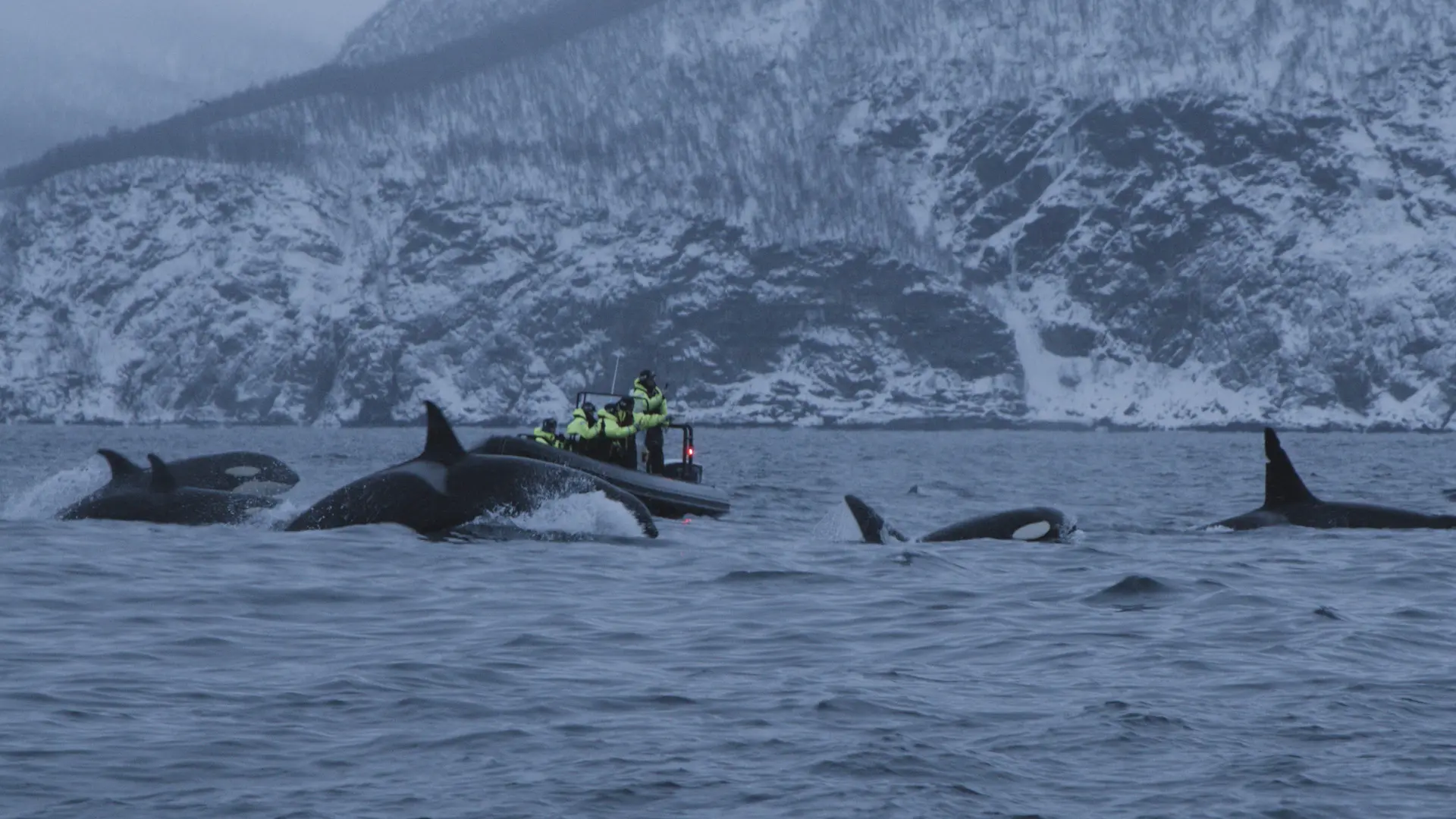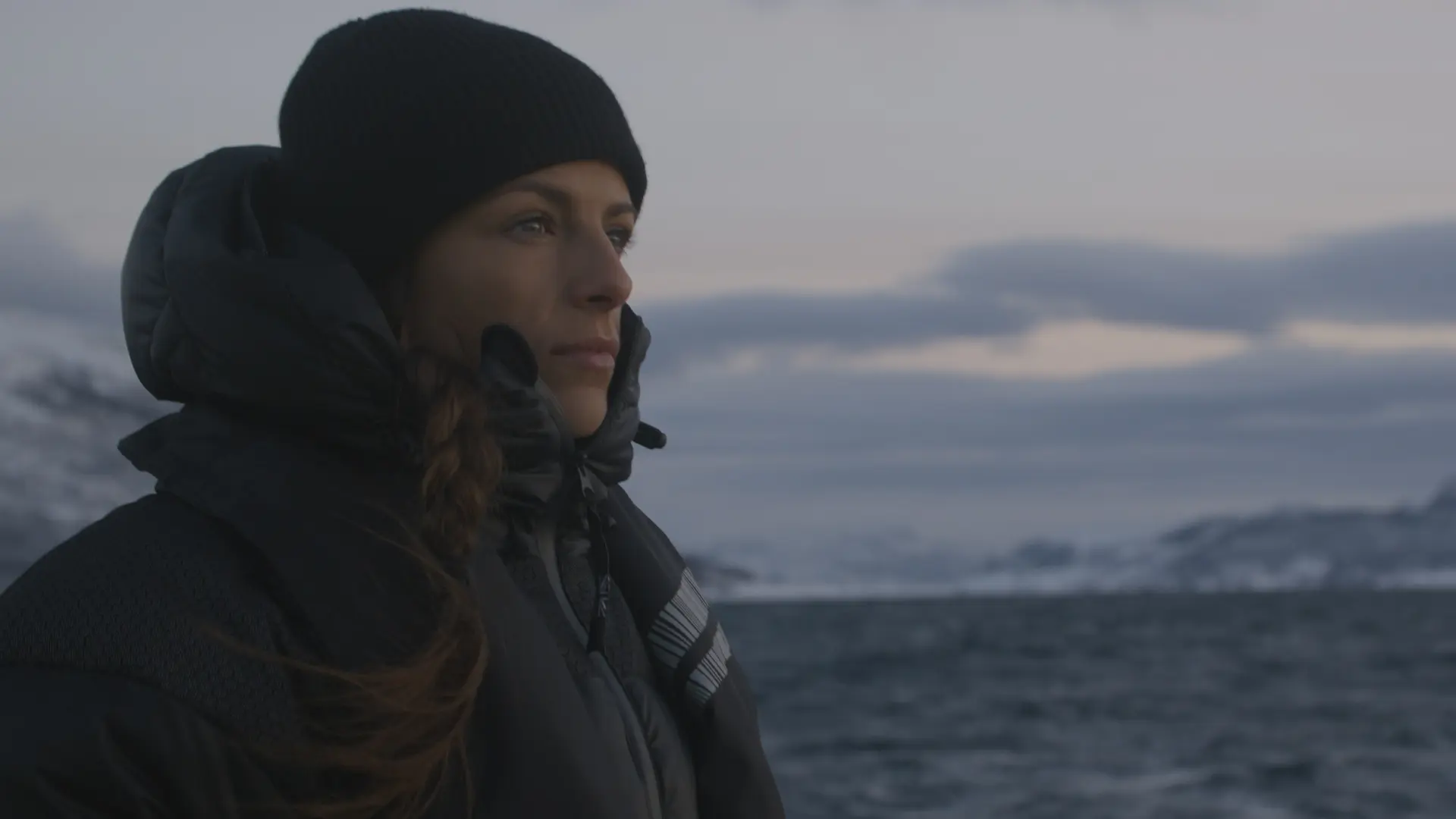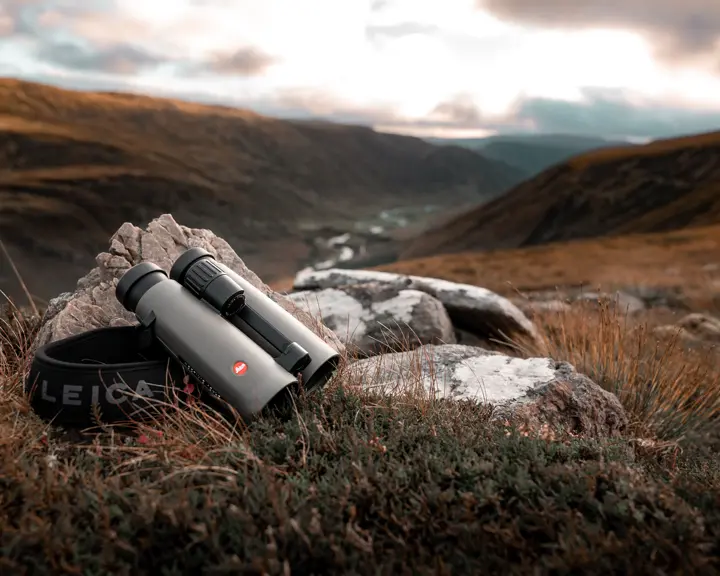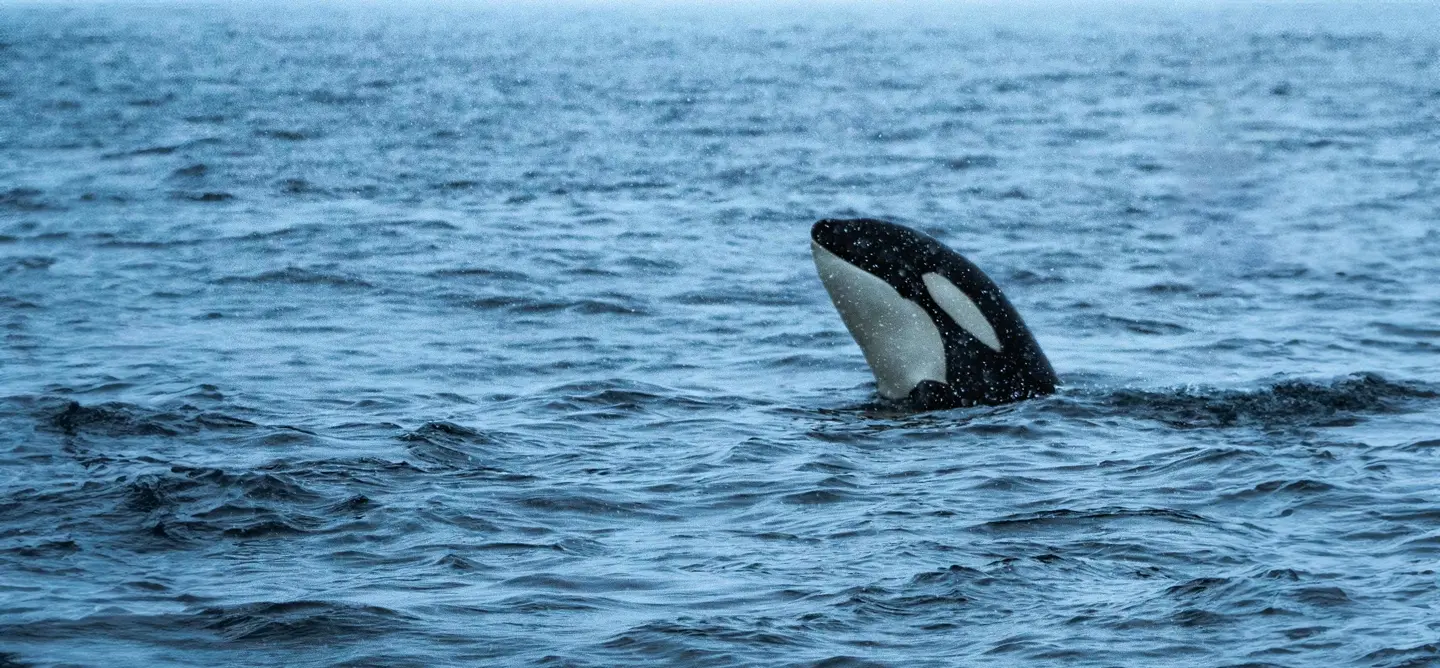
Leica x Lizzie Daly
The Return Of The Orca
"Every winter between November and January, Northern Norway hosts a vast number of Orca and Humpback whales as they come here to feed.
They follow the herring that overwinter in fjords not far from the small fishing village, Skjervoy.
Today, the spectacle also brings a huge amount of tourism.
There is an increasing pressure on operators to provide a ‘once in a lifetime encounter’. It’s not necessarily the number of boats out on the water but more the way tourists are behaving around the whales. This campaign film has an important message to anyone who wants to visit."
...a story by Lizzie Daly.
